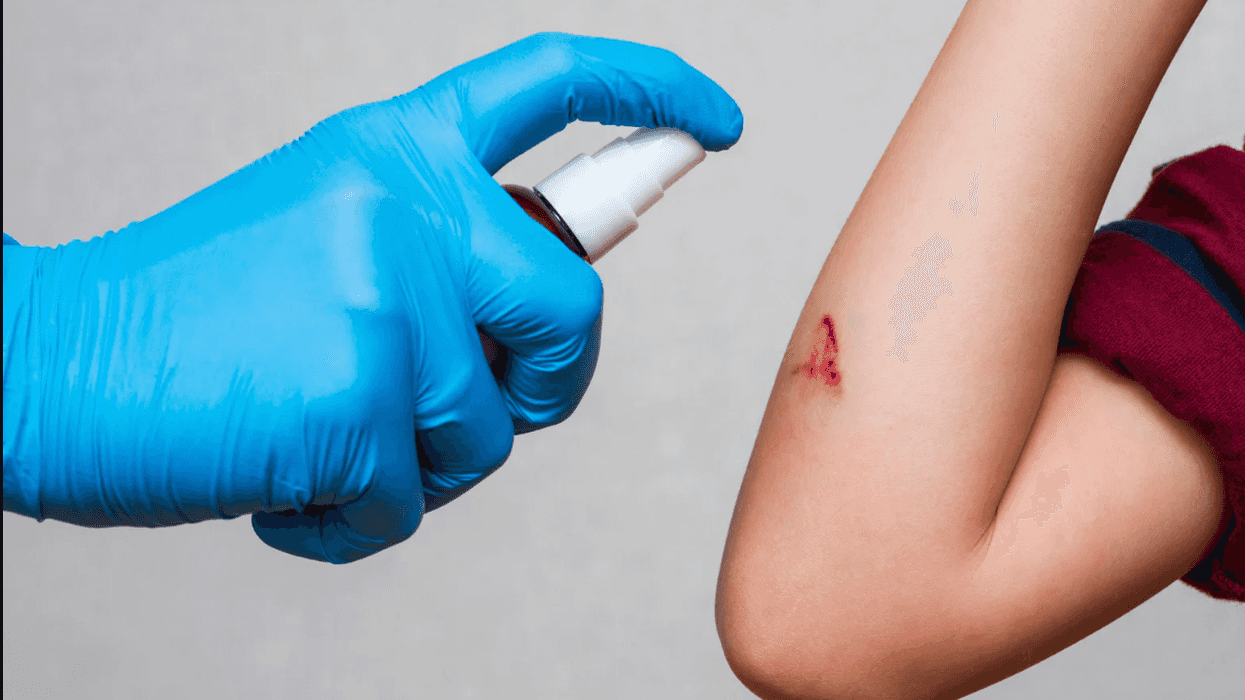With Jean-Baptiste Lecaillon—cellarmaster for hip-hop’s perennial toasting libation of choice, Cristal—recently proclaiming that the future of champagne “will be organic and biodynamic,” a discerning tippler begins to wonder. Does it matter if the bubbly in the glass you raise this New Year’s Eve is organic? And what does biodynamic mean, anyway?
Environmentally sound winemaking, and how exactly to label it, is a subject of much debate in the industry. Three terms come into play: organic, sustainable, and biodynamic. Of the three, only “organic” is regulated by the U.S. goverment.
Organic
Right off the bat, things get complicated. There are two different kinds of organic in the wine world.
First, a wine can be comprised of certified organically grown grapes—raised without herbicides or synthetic fertilizers, relying mainly on compost for nutrients. But to prevent the wine from turning to vinegar, many winemakers thow in sulfites during the bottling process. Not exactly part of organic’s pristine image.
To be a wholly organic wine, no sulfites may be added at any stage (though they may naturally occur in small amounts). But without preservatives, a vintner risks what’s arguably wine’s most crucial factor—flavor. Plus, some experts complain that many organic vineyards aren’t sustainable over the long haul. Though natural pesticides are permitted when it comes to organic farming, weeds are often reigned in via an intense soil tillage process—which can lead to topsoil erosion and, some say, lasting damage to the eco-system.
Sustainable
Without federal oversight, it can be tough to tell whether sustainable means what you think it means. Generally, sustainable practices are environmentally sound, economically viable, and socially responsible. Carbon output should be minimized wherever possible; resources should be renewable; energy and water use should be conservative. For example, planting “cover crops”—such as mustard or radishes—in a vineyard can help prevent erosion, improving soil’s fertility and structure along the way.
But how do you know for sure if that wine’s really sustainable if there’s no legal definition? Third-party agencies are starting to offer sustainable certifications. And wine-producing states like Oregon are enforcing clear standards at a state level.
Biodynamic
Biodynamic wines stem from a highly unorthodox agricultural practice first started in the 1920s by a German farmer and philosopher named Rudolf Steiner. Though biodynamic wines are grown without the use of chemicals, they can’t officially be deemed organic without sticking to federal standards, as well.
Biodynamic farming has long had a reputation for being a bit “witchy,” employing “preparations” like a cow horn buried in the soil during certain phases of the moon. Over the last century, much hay has been made of the attention biodynamic farmers pay to cosmic forces. But these days, many view it merely as a holistic farming method that takes into consideration the relationship between soil fertility, plant growth, and livestock care.
Though biodynamic farming flirts with pseudoscience, dandelion flower mixed into the soil will infuse it with nutrients like potassium, no matter how the stars are aligned.
Given these murky circumstances, does it really matter if your champagne has an eco-friendly pedigree? Though it can’t hurt to be mindful of your consumption habits, the jury’s still out. But if you’ve resolved to make a green toast at the stroke of midnight, you’ve got a few options.
The most important thing to do is read the label. Wineries making any kind of attempt to go green are going to shout it from the rooftops (hence that bold prediction from Cristal’s producer, which has devoted more than 25 percent of its vineyard to biodynamic farming.) If you’ve got a smartphone with you in the wine aisle, pull up an app like Organic Wine Find—or at least visit the winery’s website—to help suss out the vintner’s intentions. Your best bet? Whether you reach for organic grapes, organic wines, or something biodynamic, seek out a champagne that’s also been marked sustainable by an organization you trust.
















 Otis knew before they did.
Otis knew before they did.